How to Make Your HVAC System More Energy Efficient
Keeping your home comfortable in between extreme temperature changes can be costly. The good news is that you can significantly lower your home's energy bills by making your HVAC system more energy efficient and obtaining cooling repairs when necessary. According to the U.S. Department of Energy, it's possible to lower your home's energy bill by 30% if you properly maintain your home's insulation and HVAC system. To help you out, here are six top measures to implement that can increase your HVAC energy efficiency.
1. Reduce the Burden On Your HVAC
One of the best things you can do to increase the efficiency of your existing HVAC system is to reduce the burden on it. For instance, if there are air leaks in your home, these need to be sealed. Otherwise, your home is losing conditioned air, which makes it harder for your HVAC to maintain the desired temperature. Your HVAC system keeps working harder and consuming more energy to keep up with the loss of conditioned air. To avoid this, seal air leaks and add insulation to ensure your home traps all the conditioned air inside. You can also reduce the burden on your HVAC system by using fans where possible and by obtaining cooling repairs when the system is working too hard.
2. Install a Programmable Thermostat
You can increase HVAC efficiency by upgrading to a programmable thermostat that gives you great flexibility. For instance, it's easy to adjust temperatures to a more optimal setting that reduces energy use. That's because you can set temperatures with reliable precision, making it easier for your HVAC to maintain a consistent temperature. Additionally, programmable thermostats enable you to adjust the temperature depending on whether there's someone home or not.
3. Stay On Top of Repairs
When you notice something wrong with your HVAC system, it's good to get it fixed by a professional as soon as possible, whether you need heating or cooling repairs. Common HVAC repairs include air filter issues, malfunctioning thermostats, faulty components, and other issues caused by mechanical wear and tear. If heating and cooling repairs aren't performed in a timely manner, the strain on your HVAC system eventually increases, resulting in inefficient operation. This not only increases your energy use but also shortens the life of your system.
4. Schedule a Professional Tune-Up
According to Bob Vila, it's best practice to schedule professional HVAC inspection and maintenance at least once a year. Why is this important? Well, your HVAC works hard to constantly maintain the desired temperature, so it requires maintenance to address wear and tear issues. Your technician is trained to identify any potential issues before they become full-blown, which saves you money and extends the life of the system. The technician checks for refrigerant leaks and electrical issues, and they'll lubricate moving parts, tighten electrical connections, test system controls, and more. All of this is designed to ensure peak performance, which lowers energy usage.
5. Perform Maintenance Tasks
There are some small maintenance tasks you can do at home to improve HVAC efficiency aside from obtaining cooling repairs when needed. The most important maintenance task is changing or cleaning your air filters regularly. Air filters are prone to get blocked over time as dust and debris accumulate, which ends up restricting airflow. When this happens, the system runs longer and uses more power. You can also boost HVAC efficiency by cleaning the condenser and evaporator coils and clearing debris around the outside unit.
6. Install an Energy Efficient HVAC
If your HVAC is at the end of its life expectancy, it becomes inefficient over time due to wear and tear. Older models were simply not designed with the best efficiency compared to newer models on the market today. Thus, the best and most effective way of improving HVAC efficiency is to replace the old system. When shopping for a new HVAC system, be sure to focus on SEER ratings as well as the EER and the HSPF. SEER stands for seasonal energy efficiency ratio, and the higher the rating, the better the efficiency. EER is short for energy efficiency ratio, and again, a higher number indicates better HVAC efficiency. Last but not least, the HSPF is the Heating Seasonal Performance Factor, the ratio for heat pump efficiency. The higher the number, the more efficient the heat pump.
One of the signs that your HVAC is not performing at maximum efficiency is an unexplained increase in your energy bill. Hence, it makes sense that improving HVAC efficiency helps reduce energy costs. Get in touch with Viglione Heating & Cooling to learn more about heating and cooling repairs!


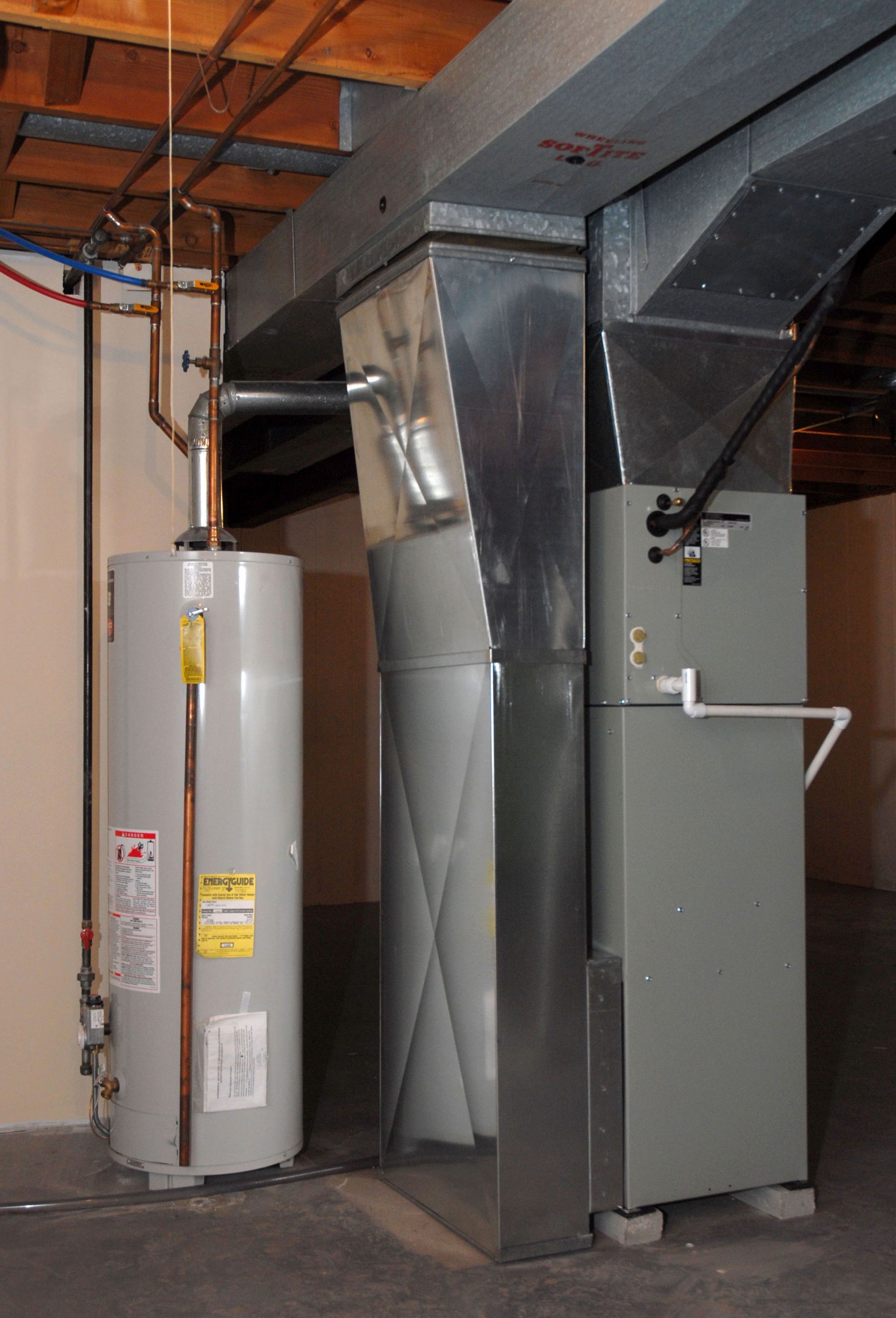
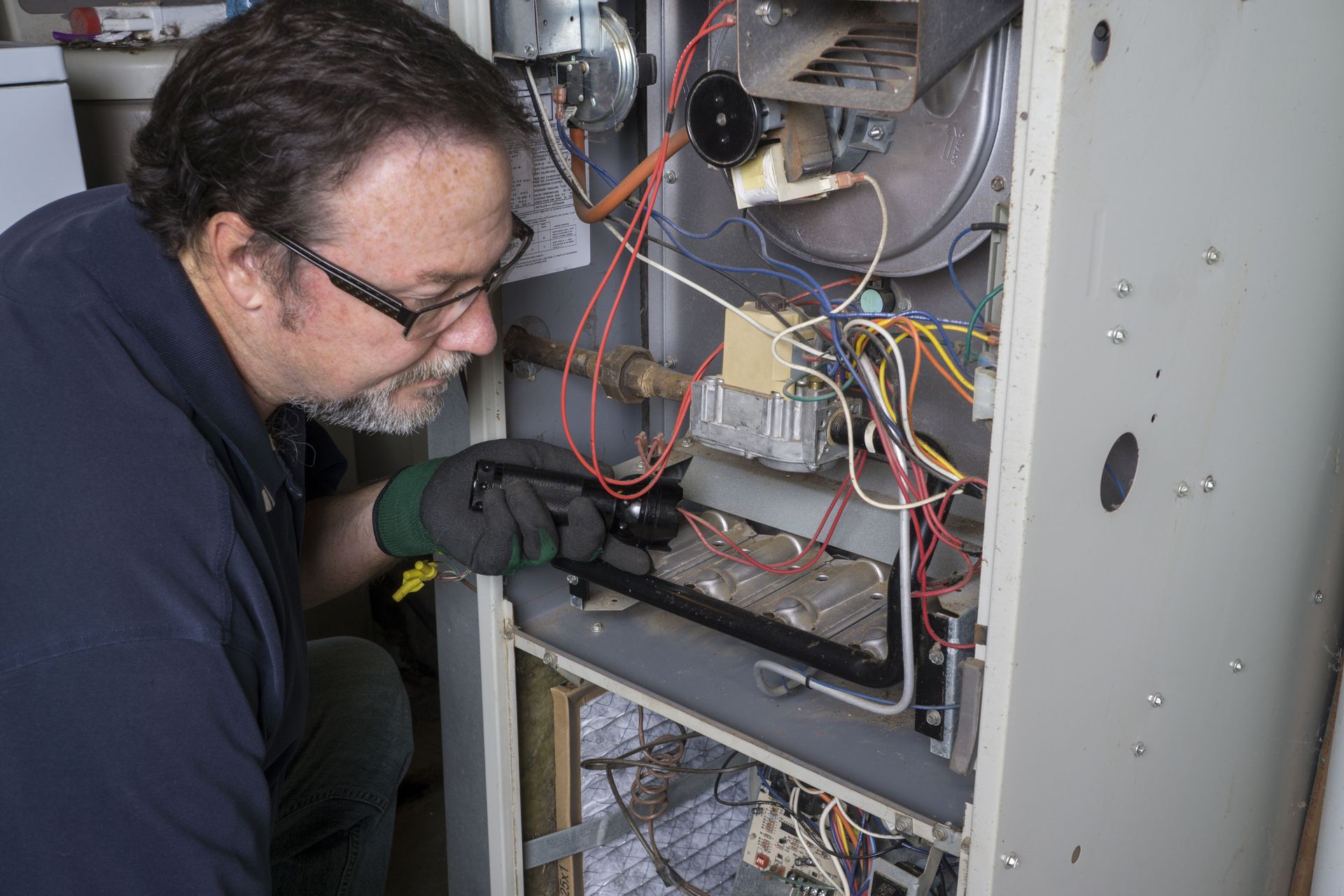

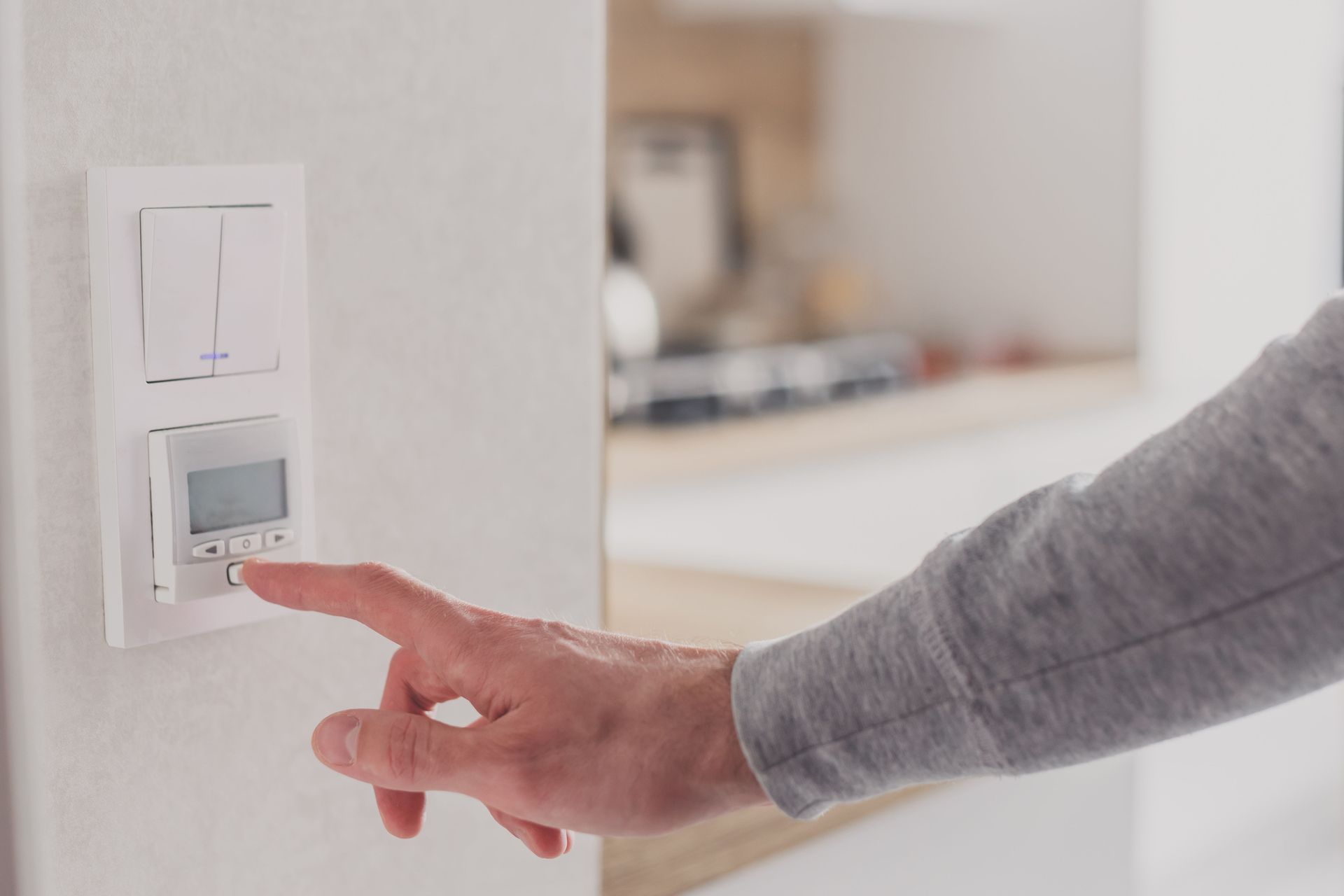
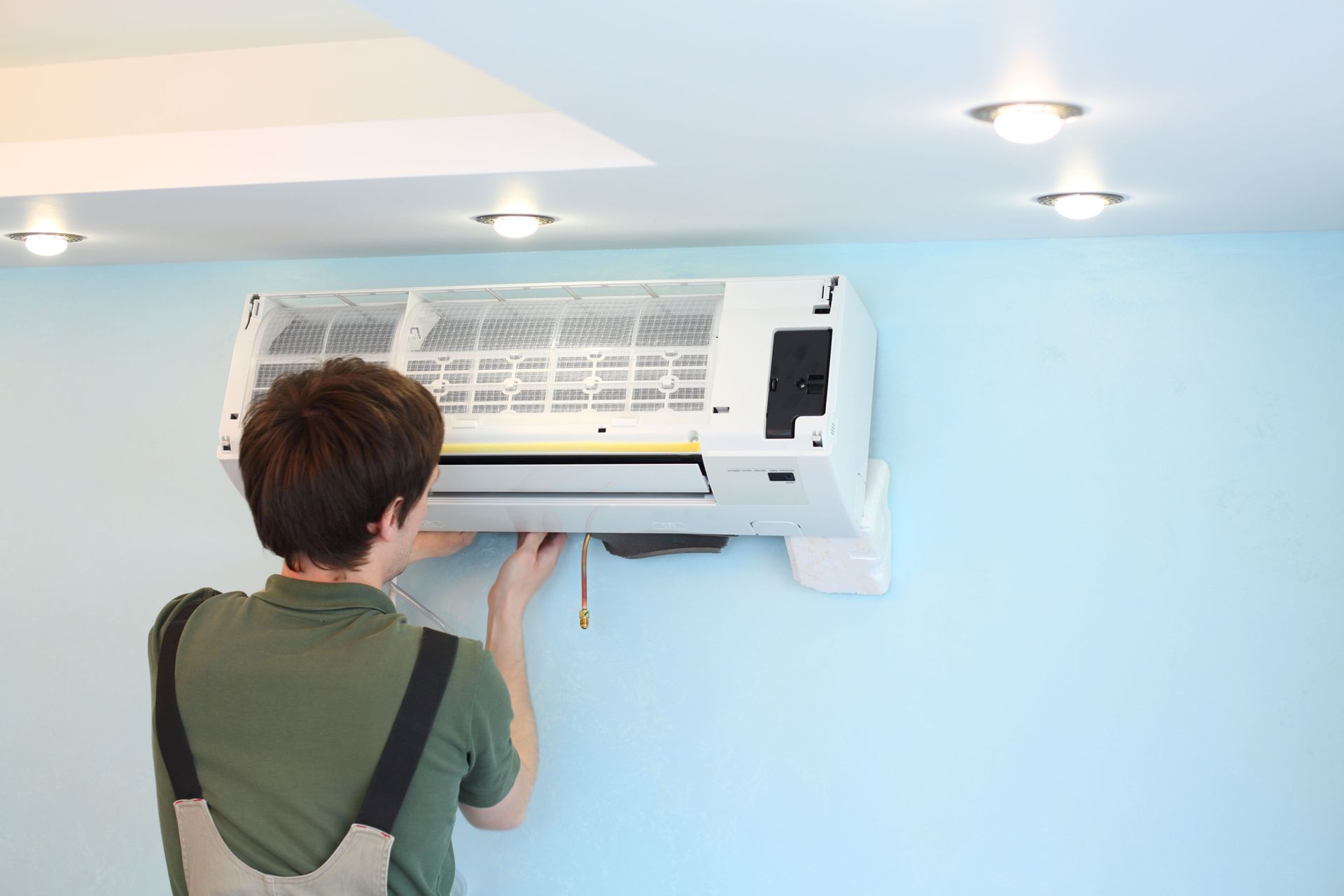
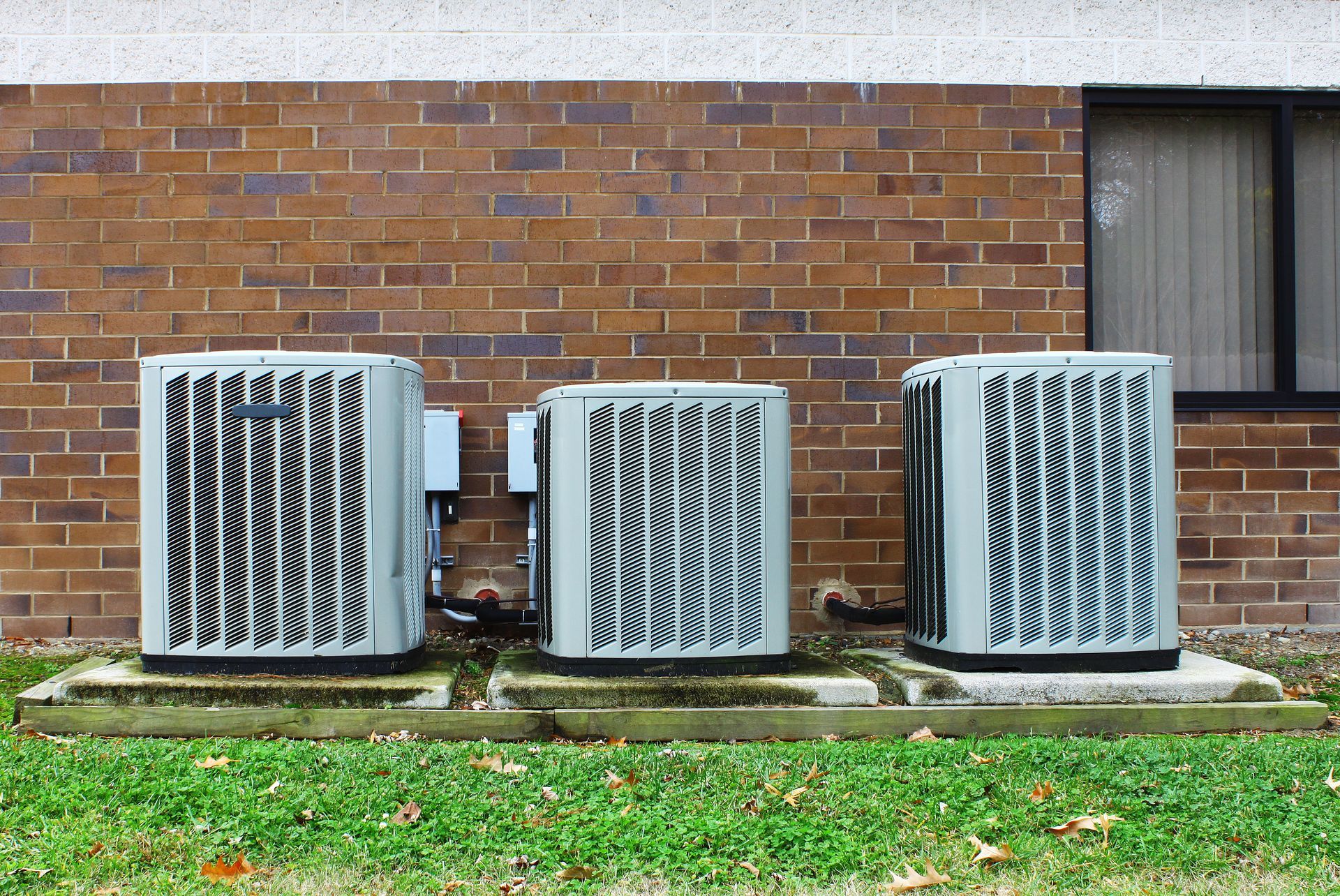
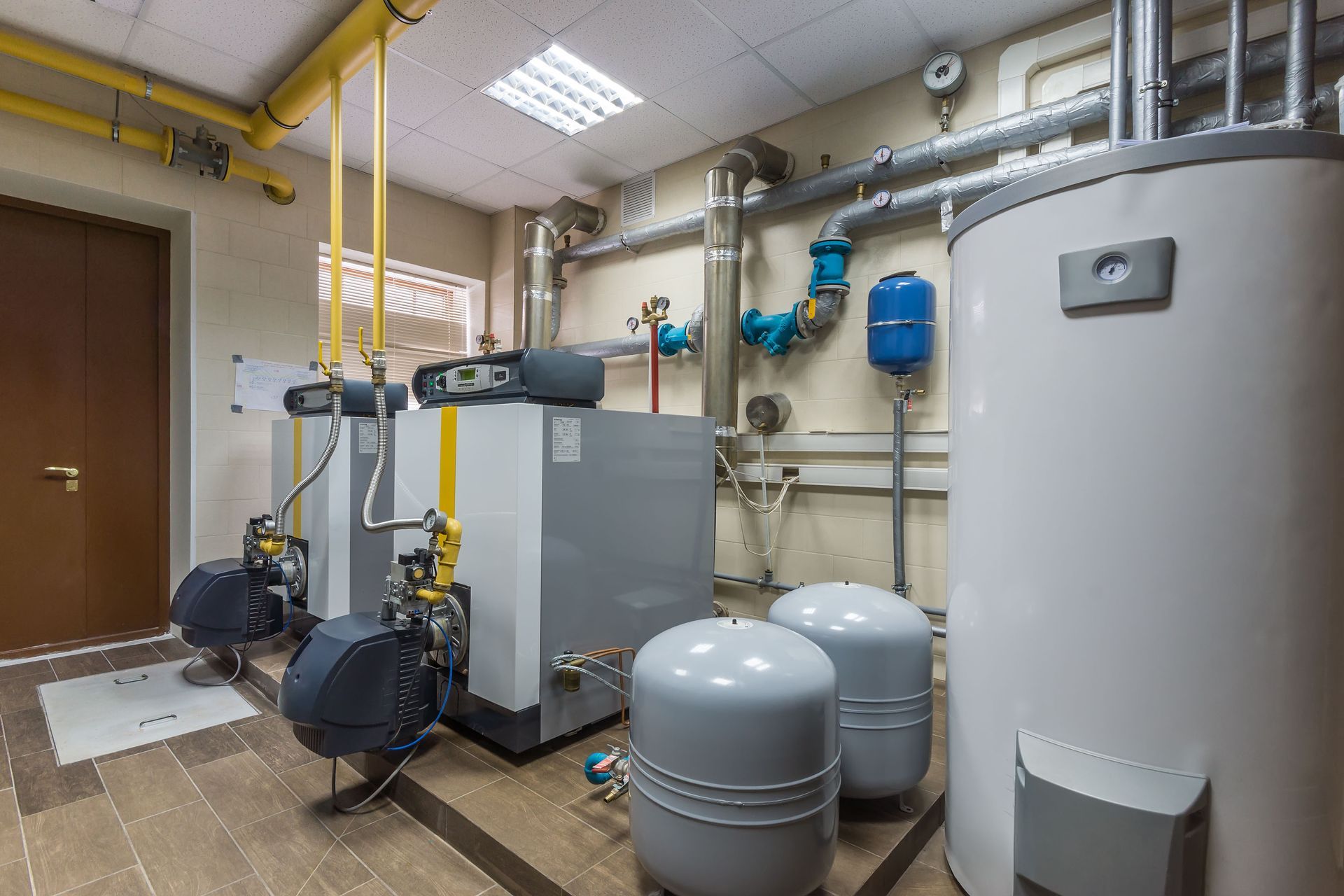
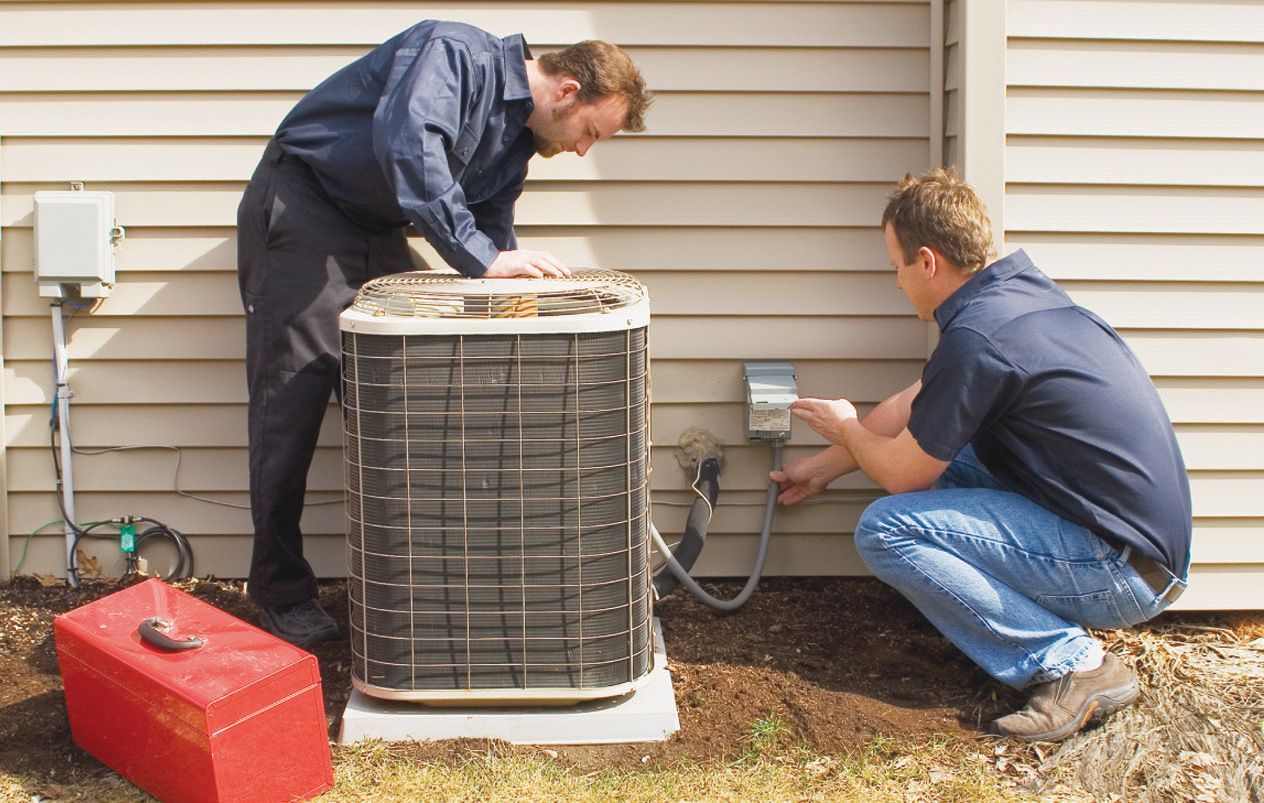
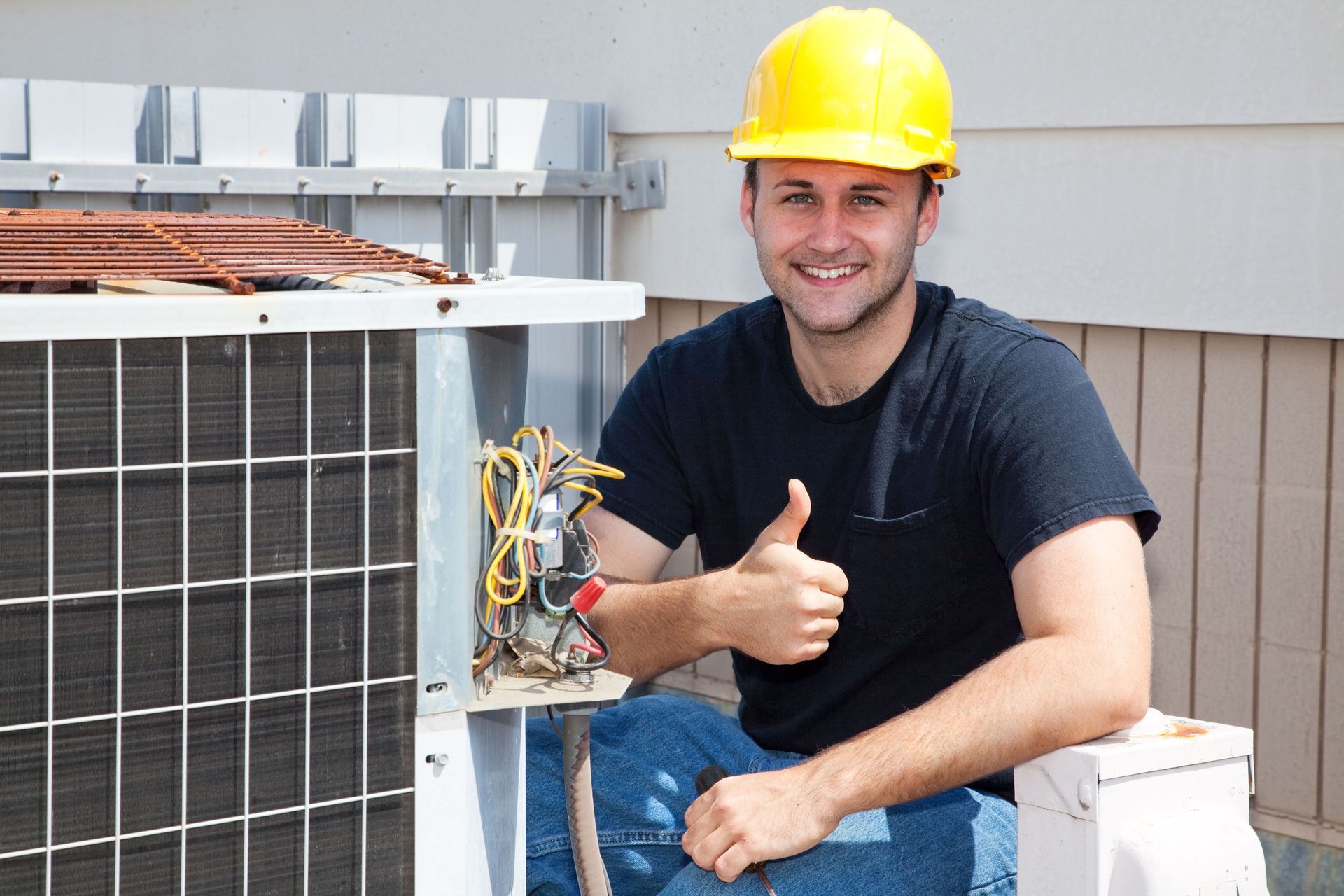
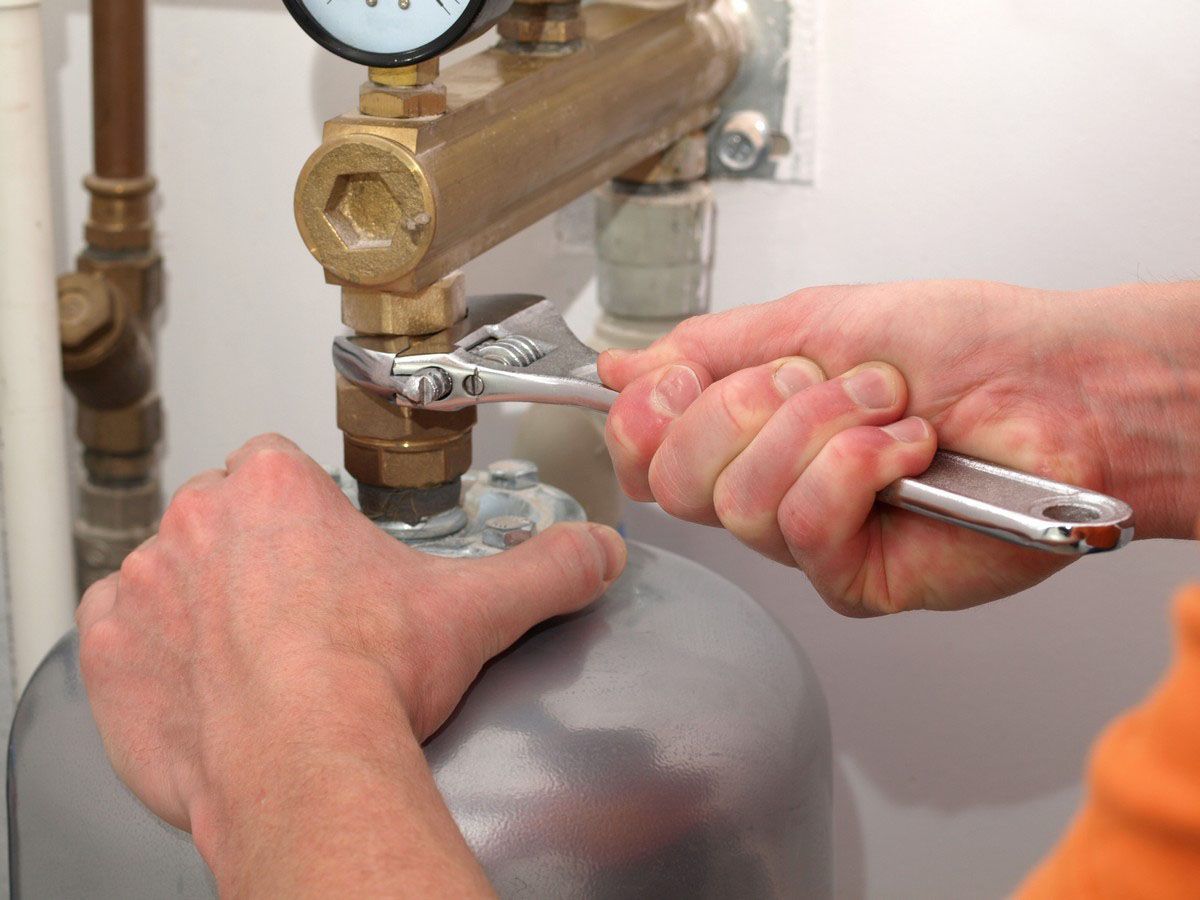
Share On: